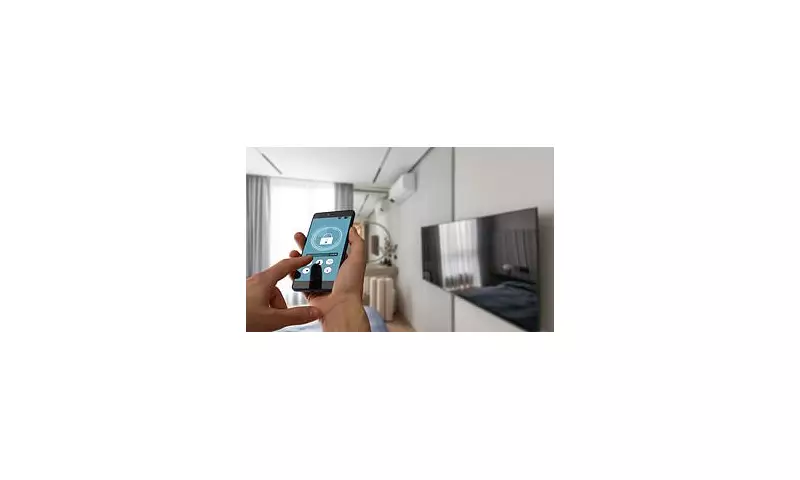
The Rise of the 'Dumb Home'
In an era dominated by voice-activated assistants and internet-connected appliances, a surprising counter-movement is gaining momentum across the UK. The 'dumb home' trend, championed by TikTok influencers and luxury designers alike, sees homeowners deliberately rejecting smart technology in favour of analogue features and tech-free spaces.
Why Homeowners Are Pushing Back Against Tech
The initial promise of the smart home was a completely frictionless domestic life. For tech enthusiasts, this meant investing thousands of pounds in systems that offered automated lighting, self-adjusting blinds, and even fridges that could compile shopping lists. However, the reality has often fallen short of this automated dream.
On social media platforms and forums like Reddit, former smart home advocates share tales of malfunctioning systems, from security alarms that crash unexpectedly to lights that turn on uncontrollably in the middle of the night. Spiralling costs for devices that frequently break or require replacement have left many disillusioned. One Reddit user famously declared they were abandoning an eight-year home automation project because their family of four rarely used 90 per cent of the installed technology.
The situation proves even more challenging for those moving into properties already fitted with complex, previous-owner automation routines, forcing them to grapple with systems they never wanted.
The New Status Symbols: Reading Nooks and Custom Switches
According to Massimo Buster Minale, founder and creative director of Buster & Punch, today's discerning homeowners are shifting their priorities. 'After years of tech-driven homes, people are definitely returning to a love of analogue features,' Mr Minale told the Daily Mail. 'We are seeing more than ever, our customers are moving away from chasing convenience, instead craving physical touch and connection.'
This craving for tactile experiences is manifesting in tangible ways within home design. Data from Zillow reveals that mentions of reading nooks in UK property listings have surged by 48 per cent compared to the previous year. These dedicated, electronics-free spaces are becoming a new marker of luxury.
Similarly, the humble light switch is being reimagined as a design centrepiece. Mr Minale confirms that the light switch is now 'back as a design statement', with homeowners appreciating the ritual of manually dimming lights and the satisfying click of a physical switch. This desire for analogue quality has created a market for high-end, custom switches, with UK-based firm Fobes & Lomax crafting historically accurate manual switches that can cost over £800 each.
Creating Tech-Free Sanctuaries
The bedroom, in particular, has become a focal point for the dumb home movement. There is a growing emphasis on sleep health and digital detoxification, replacing the desire for automated alarms and electronic blinds.
Mark Tremlett, founder of bedroom design company Naturalmat, notes this shift, telling the Daily Mail: 'More and more of our customers tell us they’re choosing to keep their bedrooms completely tech-free, no TVs, no voice assistants, and no chargers by the bed.' The goal is to create a genuinely peaceful sanctuary focused on natural materials and improved sleep quality.
The trend extends beyond the bedroom. The retro landline telephone is also making a surprising comeback. Promoted by social media influencers, these vintage-style devices often connect via Bluetooth to a user's mobile, eliminating the need for a separate landline contract. In a viral TikTok video with over 450,000 views, user Hannah Yoder showcased her new landline, explaining it helps her put her smartphone away and enjoy more intentional time with family.
This philosophy was central to interior designer Ken Fulk's approach when redesigning Boston's six-story Algonquin Club. He intentionally created a 'dumb home' environment, even installing vintage phone booths. 'We are so inundated with information and perhaps tired of feeling tethered to our devices that, when we come home, we want to be able to disconnect,' Mr Fulk stated, adding that 'time is the greatest luxury'.
As design media brand Dwell highlights, the decline of the smart home and the ascent of its analogue counterpart is set to be a defining trend for 2025 and beyond, marking a significant cultural shift in how Britons choose to live.





